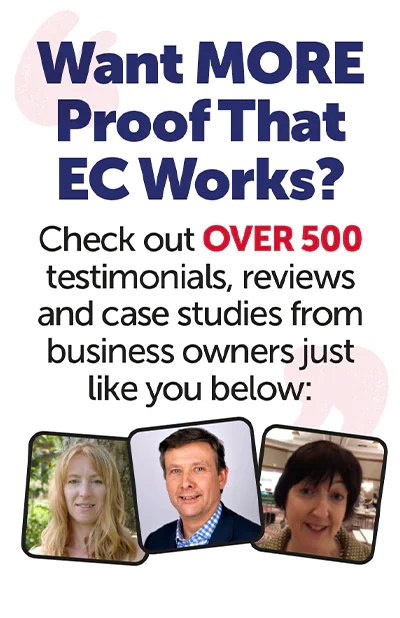by Martin Norbury
As a quick recap, last week we spoke about two of the five hard myths surrounding being an Entrepreneur . Whether that’s playing golf all day or enjoying a nice cocktail overlooking a pristine beach and still sea… Let me tell you again – IT’S NOT LIKE THAT.
So, the two points we covered were:
- The business is the business and NOT what you do on a day to day basis
- You have the bridge captain…
Knowing you are winning or knowing you are losing the game
It does amaze me how many company owners, and as such their staff, have little or no understanding of how close their business is to sailing off a cliff. Normally, their compass is ‘cash in the bank,’ and a few situations such as a corporation tax bill, push them right over the cliff.
The only way I can describe our third mistake is to refer to a scene in the film ‘The Matrix’ (well the first one anyway). The scene is when Morpheus offers Neo a red or blue pill with the following explanation:
“The red pill will allow you to escape from the Matrix into the real world, but living the ‘truth of reality’ is harsher and more difficult.
On the other hand, the blue pill will lead you to stay in the Matrix, a simulated comfortable world.”
Guess what? 90% of the world’s working population are signed up to – yep, the blue pill. A world of ignorance and shelter about what is happening between those working hours and what their impact is. You would think that this would exclude business owners and entrepreneurs, unfortunately from my experience it does not.
If you really want to stay in this world, may I suggest you turn the page and read the next article, as once you read the next part you are by that very nature taking the red pill and will forever understand the ‘truth of the reality’.
Still here? Great! Let me explain what I mean by the red pill in business with a real example. I have been working with a business that has a small team, they have been established for a while and have got by. The owner brought me in to help scale the business whilst removing the need for him on a day-to-day basis (see mistake 1 from last week).
A test of this success was more time out (holidays), leaving the team in charge for a period between March and May.
Long story short, it didn’t go as well as he hoped. The business lost money, but the cash looked OK! They were still on the blue pill. We explained what was needed and the consequences of not achieving it. Suddenly the team had swallowed the red pill and were facing reality. At first, they didn’t like this new world.
To start this process off, we carried out the following steps:
-
- Identified the fixed costs of the business and challenged them.
- Worked out the gross margin from the sale.
- Identified the average sale value.
By the way, there is ALWAYS an average and before you say, ‘my business is different’… it’s NOT.
As an example, if the fixed costs of the business are £15k per month and the gross margin is 60% the business would need to earn £25k per month to break even. If the average sale is £1k, then in any month the business would have to sell 15 ‘units’ and collect the cash.
This is their ‘target’. Of course, if any of those three figures change, so will the target.
The business now must work out what must happen across all the key roles in the business to achieve this target, explain it to everyone, and monitor it.
We also explained to the team that if that target is not achieved monthly, eventually the business will close. Judging by their expressions, the ‘truth of reality’ (the red pill) was obviously a shock to them. However, we continued to take them down the rabbit hole.
As an experiment, we looked back over the previous 13 weeks (March to May) and broke that ‘target’ back into daily mini sales targets and then we revisited each day. This continued until we got to 12th April and it was at that point that the business started to veer off target. But nobody had known.
They didn’t like this new knowledge initially, as suddenly they understood how those four areas linked together, what their responsibility was, and whether they were achieving it.
Then I reminded them that knowing you are winning or knowing you are losing is the most important aspect of business – not knowing is criminal. Whilst it is hard to know you are losing, at least you can do something about it.
The alternative is one day the owner walks into the office and announces he has to close the business; everybody is surprised and now out of a job (the blue pill).
Four key roles in business are like four tyres on your car; if just one of them is flat the other three are rendered useless as well. Our four tyres in business are marketing, sales, delivery and collecting of the money.
If you don’t know how these four link together in your business, or how to work out your target and then reverse engineer it, then your business is in the land of hope and from my experience hope is not the best business strategy.
BUT when you DO know what the pressures of your tyres need to be and put monitors in place to constantly measure them, then you instantly know when one of them is in trouble and can react, proactively.
It also means for you as business owners eventually you do not have to be the one driving your ‘car’ on a day to day basis; anybody can if you explain to them what to look out for and what to do in the event of an alert


